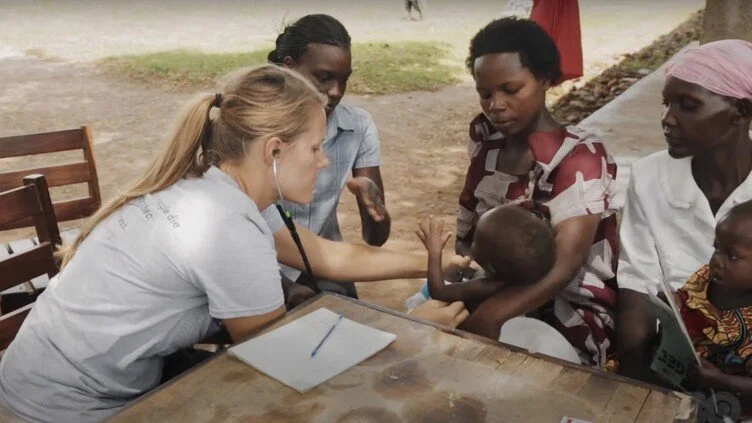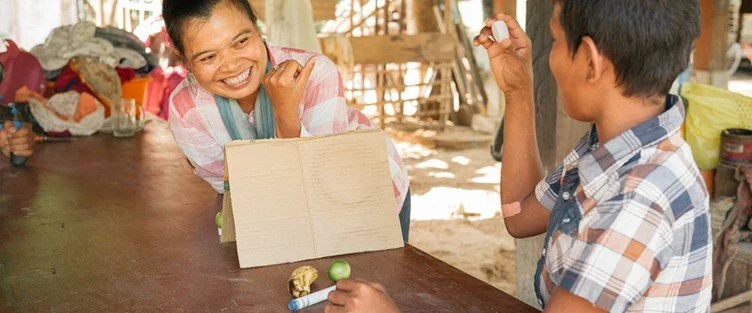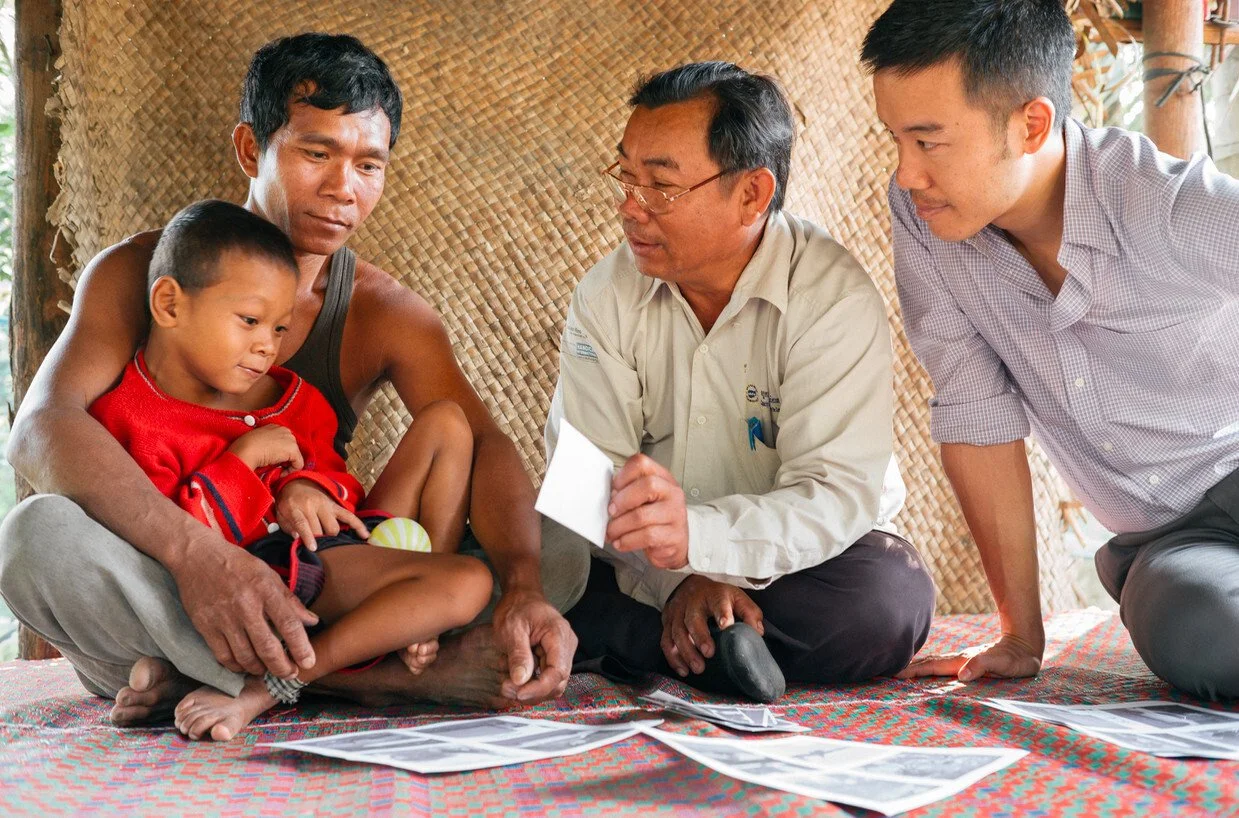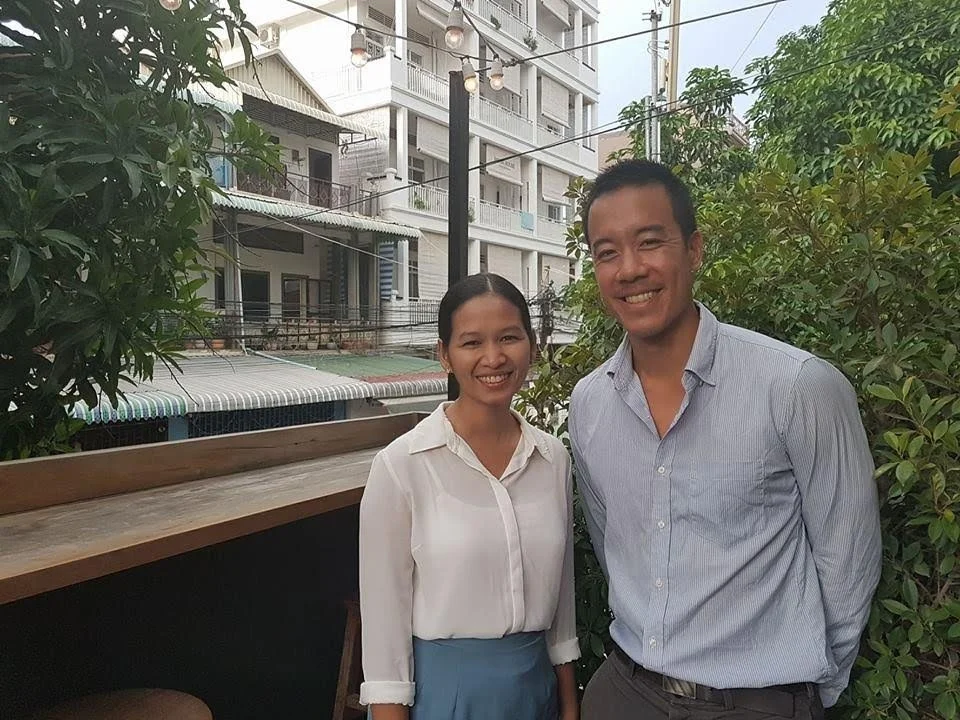the myth of the heroic expat leader
Renee Bach in Netflix's Savior Complex, airing 26th September, 2023 (HBO). Credit: ViMooZ
It was 2011. On a plane from China to Australia, I had a thought that made me ashamed. After studying physiotherapy and international development, I had finished working with some of the most impoverished people in China – those with disabilities.
I had landed my dream job, working with an organisation that helped children with disabilities. I had a driver, a translator and was referred to in meetings as “one of the finest physiotherapists in the world under the age of 30”.
The reality was I hadn’t practised for the better part of a decade.
As I was flying back home to Sydney, I wondered how I would explain what I had spent the last year of my life doing to others?
“I am an expat aid worker empowering kids with disabilities in the poorest parts of China.”
I imagined the reaction that I would get after saying this. The breathless pause and the ensuing words of admiration.
“You must find your work so fulfilling.”
“How do you go over and there and teach locals who don’t understand the basics of what we know?”
As I predicted these reactions, I started to feel nauseated (and no, this had nothing to do with the “meal” the airline had just served me).
I realised, with a sense of shame, that I had fallen into the trap of believing in a myth: The myth of the heroic expat leader.
After China, I came to Cambodia in 2012 to work with a local Cambodian organisation named CABDICO. With 14 staff, this organisation sent community workers to villages without health centres or hospitals.
They would ride motorbikes along dusty roads, for up to 70 kilometres a day, to help children with disabilities live more independent lives.
Disability worker Phearom helps perform basic speech therapy. Photo: Hugo Sharp
One of my colleagues, Phearom, had decades of experience working with children with disabilities in Cambodia. Though she hadn’t had the benefit of a university education like I had, her understanding of disability, especially in the Cambodian context, was far superior to mine.
That year, I worked with Phearom and CABDICO to improve boring but necessary things like human resources, referral systems and assessment forms.
Though I could add some value, I was certainly not the expert in their work. I had just arrived in Cambodia; my language skills were subpar. I wasn’t physically doing the heavy lifting – they were.
My previously held myth of the heroic expat leader was crumbling.
Working in Cambodian countryside with Cambodian staff. Photo: Hugo Sharp
One year later, I realised that hundreds and thousands of Cambodian people were lacking access to a basic health service – speech therapy, and began establishing the team behind OIC Cambodia.
Without downplaying the support from people from outside Cambodia, I’ve been incredibly humbled working alongside our local Cambodian staff, board and volunteers.
After four years of starting OIC, I handed over leadership to a Cambodian woman, Chenda Net.
This move was both moral and pragmatic. I don’t believe it is the right of foreigners to solve problems for Cambodian people. And even though I had lived in Cambodia for five years and gotten to a decent level of spoken Cambodian language, ultimately I didn’t understand how to navigate Cambodia as much as someone who had spent their whole life there.
With Chenda Net in my last week in Cambodia.
OIC’s new leader not only had a wealth of experience in the NGO sector, but has studied internationally and was able to bring that knowledge back to Cambodia for good. Like Phearom, Net is far more qualified to lead OIC.
Four years after starting OIC, it was clear to me that the myth of the heroic expat leader has well and truly crumbled.
Dispelling the myth of the heroic expat leader has come with uncomfortable realisations. There’s no doubt that promotional images of myself interacting with children in Cambodia promote the organisation well overseas. They are effective fundraising tools, ones that we definitely used – simply because they work.
But they are also highly inaccurate. Most of my time spent with OIC was in the office, setting up structure and strategy, policies and procedures, and building the team from scratch. Photos of me behind a desk at my computer wouldn’t have the same effect.
The real heroes in Cambodia’s development, and those best suited to lead, are already in Cambodia. And yet, the myth that the heroic expat leader as the architect of change pervades. If five years in Cambodia taught me something, it’s that nothing could be further from the truth.
This is a reworked article I wrote for the Phnom Penh Post in 2017.
My first book on this topic, Redundant Charities, is now available globally!
You can get your copy through Amazon Australia, Amazon US, or Amazon UK. I've listed 9 global sellers for my book on my website here.




